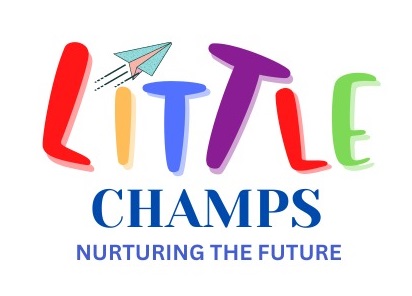Importance of Early Childhood Education
- Foundation for Lifelong Learning: Establishes the building blocks for future academic success by promoting essential skills such as literacy, numeracy, and problem-solving.
- Cognitive Development: Stimulates brain development during critical early years, enhancing memory, attention, and logical thinking.
- Social Skills: Teaches children to interact with peers, share, and cooperate, fostering positive relationships and teamwork.
- Emotional Growth: Helps children learn to manage emotions, build self-confidence, and develop resilience.
- Language Development: Encourages language skills through conversations, storytelling, and play, expanding vocabulary and communication abilities.
- Physical Development: Supports fine and gross motor skills through hands-on activities and physical play.
- Creativity and Imagination: Provides opportunities for creative expression through arts, music, and imaginative play.
- Adaptability and Routine: Introduces children to structured environments, helping them adapt to routines and follow directions.
- Critical Thinking and Problem-Solving: Develops these skills through exploration, questioning, and hands-on activities.
- Prepares for Formal Schooling: Sets the stage for a smooth transition into primary education, making children school-ready.








